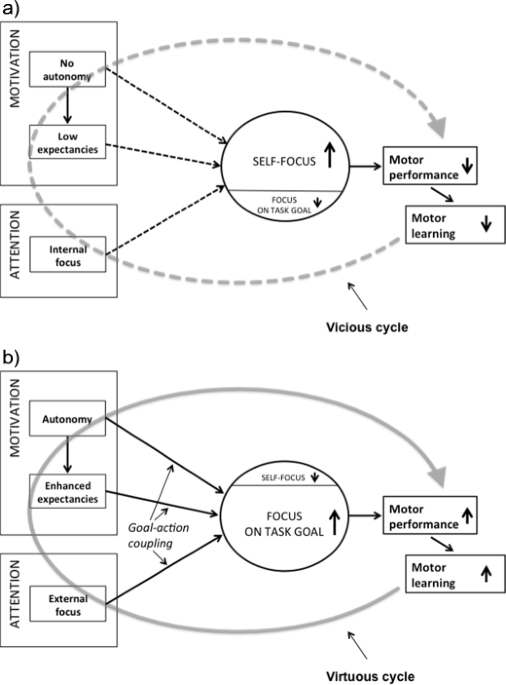DREAMS: deep read-level error model for sequencing data applied to low-frequency variant calling and circulating tumor DNA detection, Genome Biology
Por um escritor misterioso
Descrição
Circulating tumor DNA detection using next-generation sequencing (NGS) data of plasma DNA is promising for cancer identification and characterization. However, the tumor signal in the blood is often low and difficult to distinguish from errors. We present DREAMS (Deep Read-level Modelling of Sequencing-errors) for estimating error rates of individual read positions. Using DREAMS, we develop statistical methods for variant calling (DREAMS-vc) and cancer detection (DREAMS-cc). For evaluation, we generate deep targeted NGS data of matching tumor and plasma DNA from 85 colorectal cancer patients. The DREAMS approach performs better than state-of-the-art methods for variant calling and cancer detection.

Machine learning-based genome-wide interrogation of somatic copy
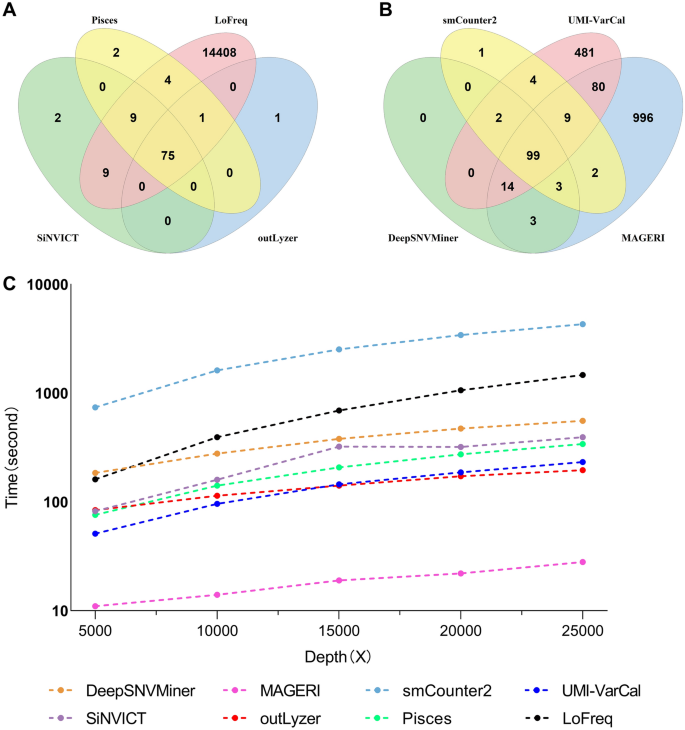
Evaluating the performance of low-frequency variant calling tools
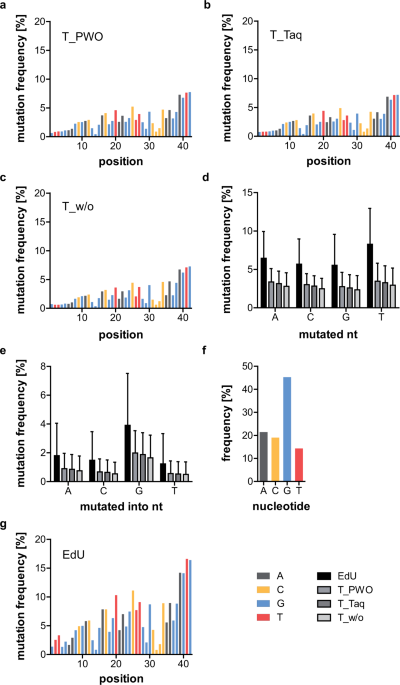
Systematic evaluation of error rates and causes in short samples

General illustration of our approach. (a) Distribution of observed
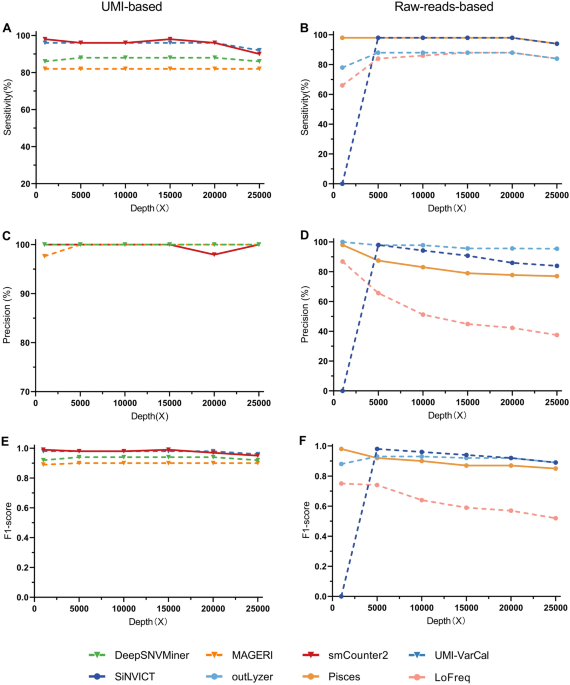
Evaluating the performance of low-frequency variant calling tools

PDF) The changing face of circulating tumor DNA (ctDNA) profiling

Applications and analysis of targeted genomic sequencing in cancer
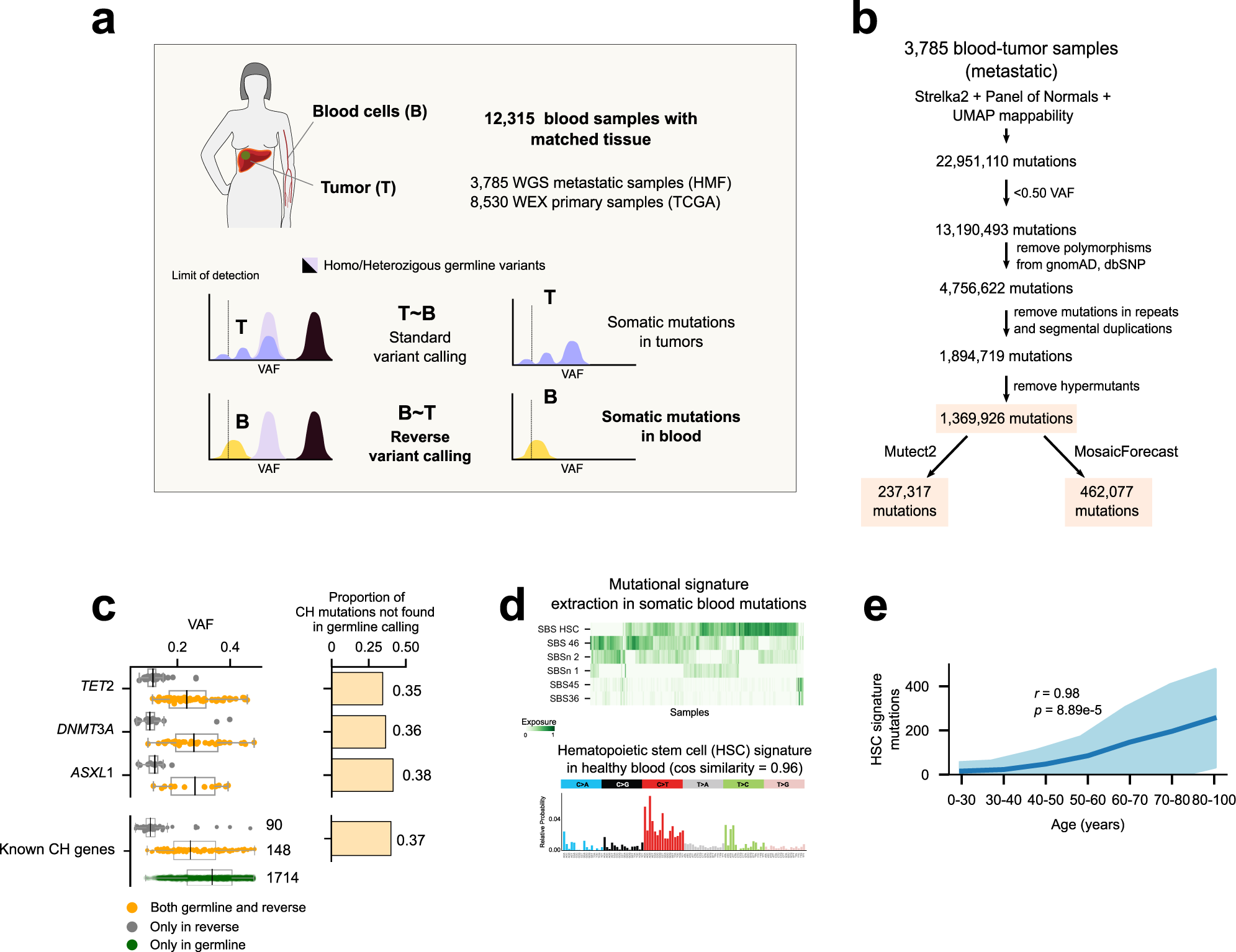
Discovering the drivers of clonal hematopoiesis
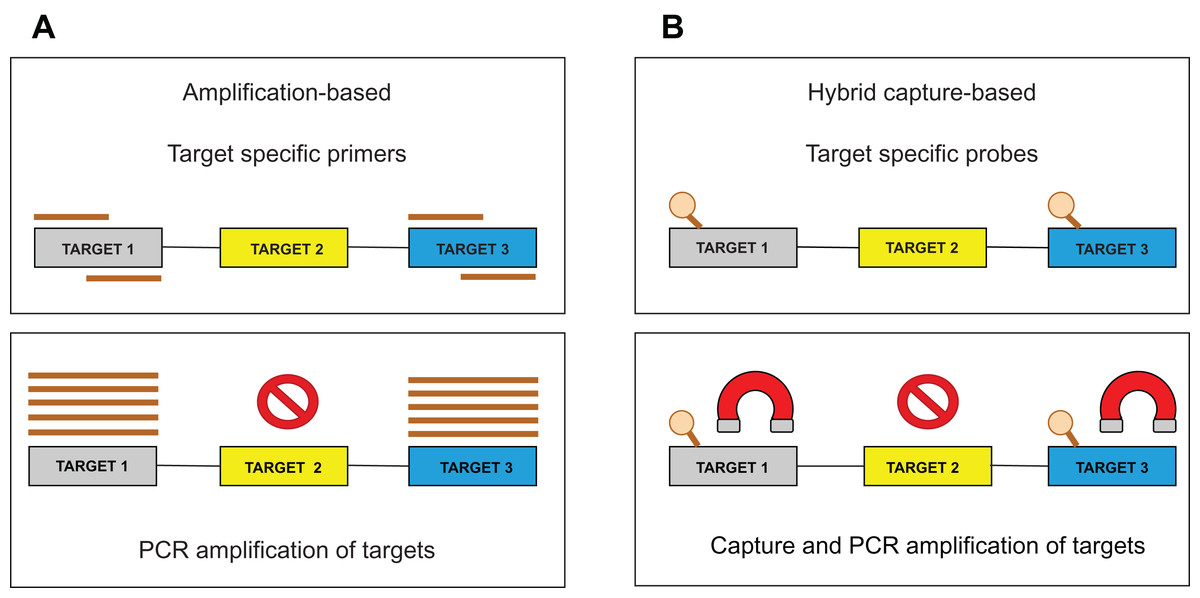
Bioinformatic strategies for the analysis of genomic aberrations

DREAMS: Deep Read-level Error Model for Sequencing data applied to

Whole genome error-corrected sequencing for sensitive circulating
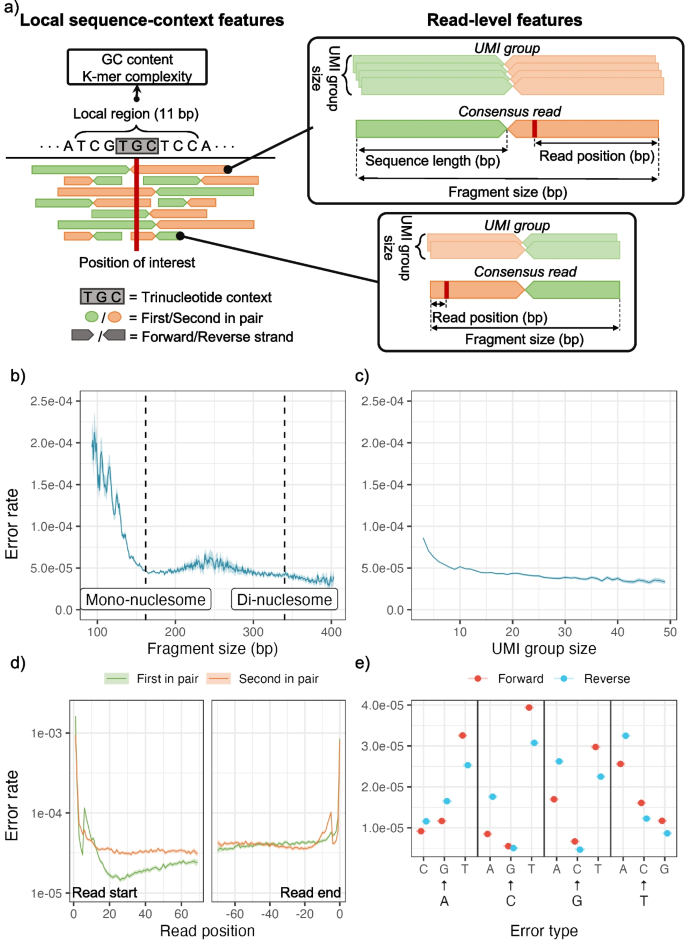
DREAMS: deep read-level error model for sequencing data applied to
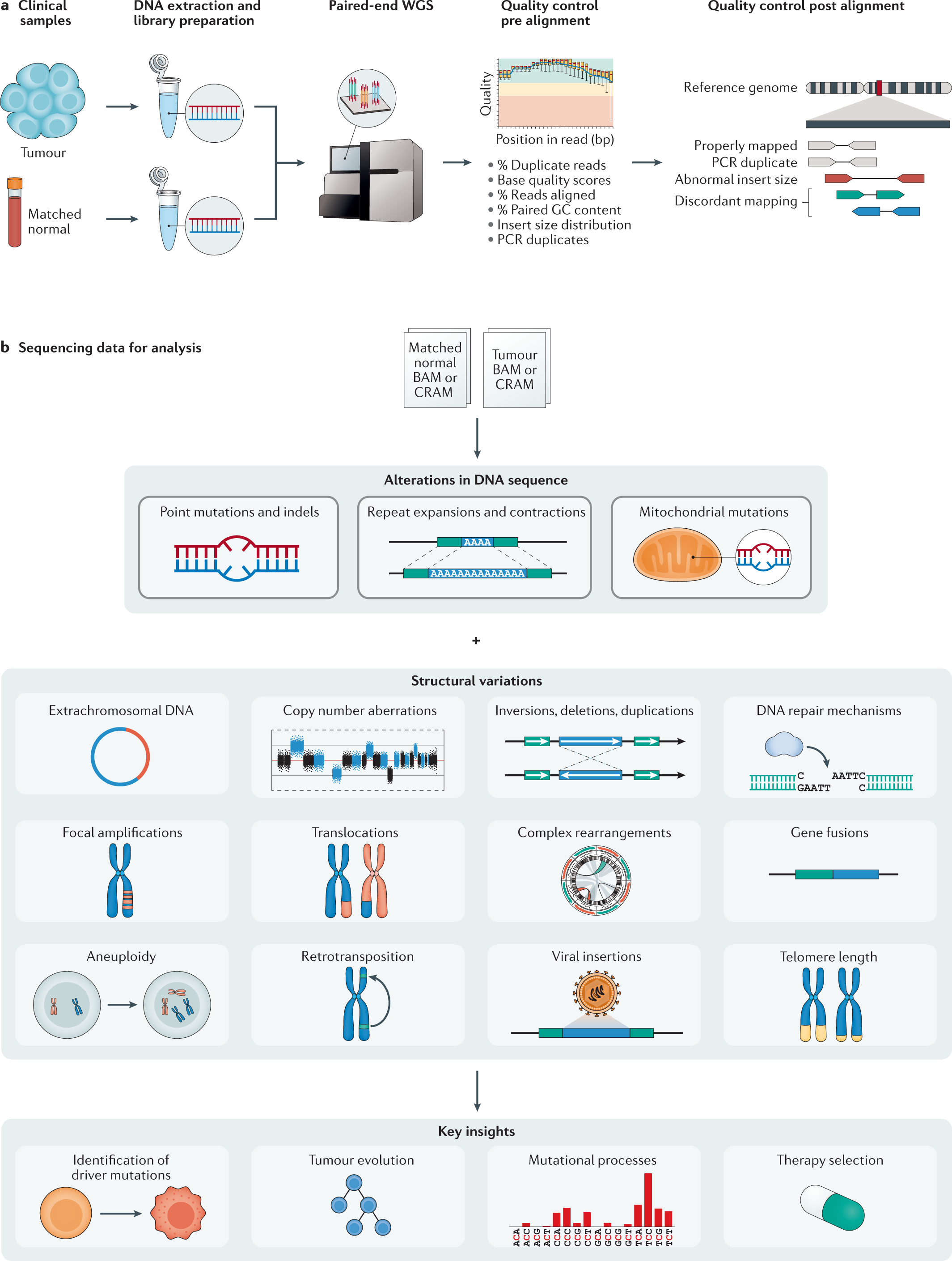
Computational analysis of cancer genome sequencing data

The changing face of circulating tumor DNA (ctDNA) profiling
de
por adulto (o preço varia de acordo com o tamanho do grupo)



